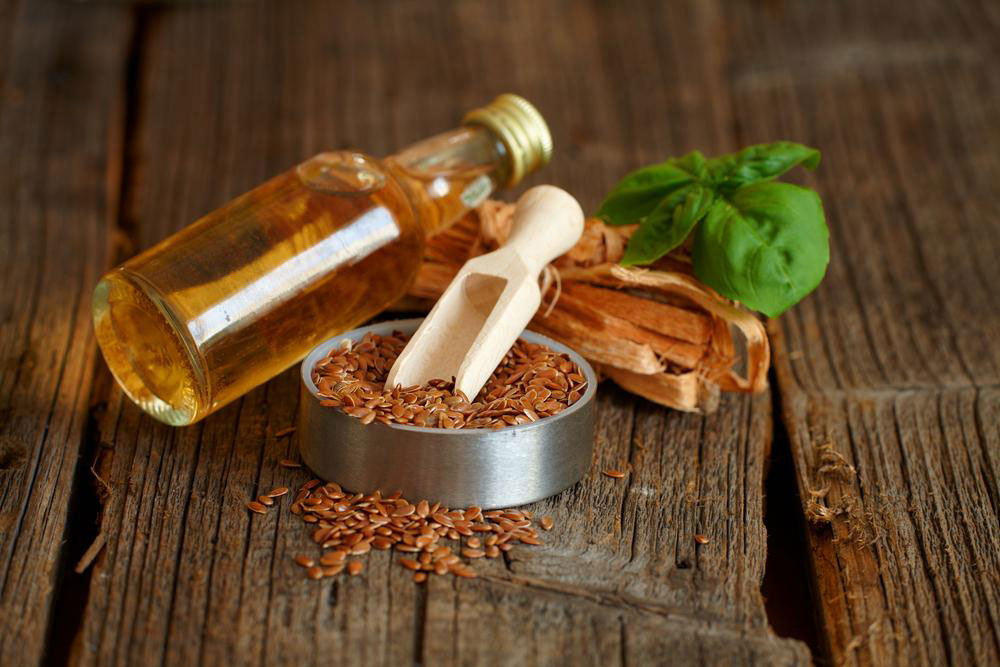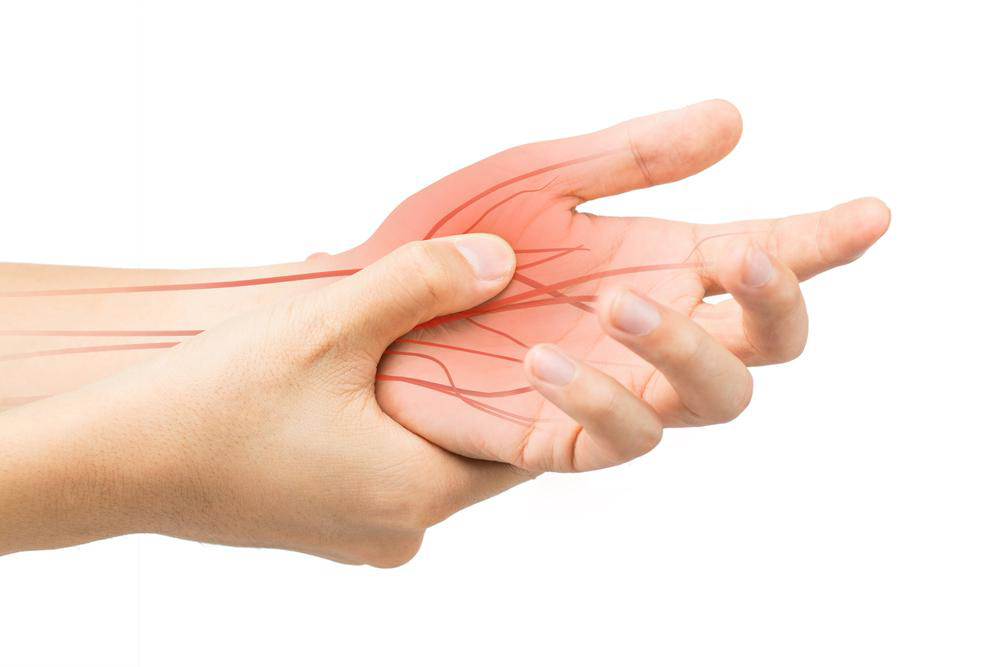Comprehensive Natural Approaches to Managing Persistent Urticaria Symptoms
This comprehensive guide provides natural and home-based strategies to effectively manage persistent urticaria symptoms. From choosing comfortable clothing to incorporating oatmeal therapies, managing triggers through diet, and practicing stress reduction, these methods support skin health and reduce flare-ups. The article emphasizes gentle skincare, cold compresses, and lifestyle modifications, offering holistic approaches for long-term relief and improved quality of life for chronic urticaria sufferers.

Effective Natural and Home-Based Strategies to Alleviate Chronic Urticaria
Urticaria, popularly known as hives, manifests as itchy, swollen patches on the skin that can be both uncomfortable and distressing. When these episodes persist for more than six weeks and recur over months or even years, they are classified as chronic urticaria. Despite extensive research, the exact causes of chronic urticaria remain largely unknown in many cases, making management challenging. Fortunately, there are several natural and lifestyle-based remedies that can help reduce symptoms, lower the frequency of flare-ups, and improve overall skin health. This article explores comprehensive natural strategies to manage persistent urticaria effectively, emphasizing home treatments and lifestyle modifications.
Understanding Chronic Urticaria
Before diving into management techniques, it's essential to understand what chronic urticaria entails. Unlike acute hives, which often appear suddenly and resolve quickly, chronic urticaria persists over time and can significantly impact quality of life. Symptoms include itchy swelling, redness, and sometimes burning sensations, predominantly affecting areas like the face, arms, and legs. The triggers are often elusive, with factors like stress, certain foods, environmental elements, or autoimmune responses possibly playing roles. Given the difficulty in identifying precise causes, focusing on natural management approaches becomes a practical way to control symptoms and reduce discomfort.
Choosing Appropriate Clothing to Minimize Skin Irritation
One of the fundamental lifestyle adjustments for managing urticaria involves selecting suitable clothing. Tight, restrictive garments can impede blood circulation and cause increased skin irritation, which may exacerbate symptoms. Instead, opting for loose, breathable fabrics such as cotton or linen reduces pressure on the skin and promotes better airflow. Loose clothing allows the skin to breathe freely, minimizing the risk of irritation and suppressing flare-ups. Additionally, clothing that doesn't rub against the skin harshly can help prevent mechanical triggers that worsen the itching and swelling associated with urticaria. Wearing comfortable attire is a simple yet effective way to support skin health and lessen the severity of symptoms, especially during flare-ups.
Wearing loose, breathable clothing prevents blood flow obstruction, reducing skin irritation, itching, and swelling. Comfortable fabrics support faster relief and help manage chronic urticaria effectively.
Moisturizing with Gentle, Natural Products
Dry skin often worsens urticaria symptoms, making regular moisturizing a crucial component of management. However, the choice of moisturizer matters significantly. Synthetic, chemical-laden creams and lotions may contain fragrances, preservatives, or irritants that can trigger or worsen skin reactions. Therefore, selecting gentle, organic, and fragrance-free moisturizers is advisable. Natural options such as aloe vera gel, coconut oil, or certified organic lotions help restore skin's moisture barrier, preventing dryness, reducing itching, and limiting flare-ups. Consistent skin hydration not only alleviates discomfort but also enhances skin resilience against environmental and internal triggers.
Applying mild, chemical-free moisturizers frequently throughout the day can tremendously improve dry, itchy skin associated with chronic urticaria, leading to less irritation and more skin comfort.
The Soothing Power of Oatmeal
Oatmeal has long been acclaimed for its anti-inflammatory and skin-calming properties. Incorporating oatmeal into your skincare regimen offers natural relief from urticaria symptoms. You can prepare oatmeal baths by adding finely ground oatmeal (colloidal oatmeal) to lukewarm water, which helps soothe inflamed and itchy skin. Alternatively, using oatmeal-based topical treatments or scrubs can provide similar benefits. Oatmeal forms a protective barrier on the skin, reducing irritation and calming inflammation, making it an excellent natural remedy for chronic urticaria sufferers. Regular use can help reduce the severity of episodes and enhance skin comfort.
Identifying and Avoiding Personal Triggers Through Diet
Many individuals with chronic urticaria find that certain foods act as triggers, leading to flare-ups. While triggers can vary from person to person, common culprits include nuts, shellfish, dairy products, artificial additives, and spicy foods. Conducting an elimination diet under the guidance of a healthcare professional or allergist can help identify specific food sensitivities. Once identified, reducing or eliminating these foods from the diet may significantly decrease the frequency and severity of urticaria episodes. Maintaining a food journal and working with a dietitian can assist in creating a personalized plan to avoid triggers and promote better skin health.
Cooling Skin with Lukewarm Showers and Hydration
Temperature plays a vital role in managing urticaria symptoms. Hot water can cause blood vessels to dilate, increasing redness, swelling, and discomfort. Instead, taking lukewarm or cool showers helps soothe inflamed skin and prevents exacerbation of symptoms. Adding oatmeal or baking soda to bath water can offer additional anti-inflammatory benefits. Drinking plenty of water is equally critical as hydrating internally helps maintain skin elasticity and flush out potential irritants. Keeping the skin hydrated from within and avoiding excessive heat can significantly reduce flare-up severity and promote quicker recovery.
Maintaining Clean and Gentle Bedding Practices
Constant contact with certain fabrics, especially coarse or synthetic materials, may irritate sensitive skin affected by urticaria. Using high-thread-count, soft cotton sheets minimizes friction and skin irritation. Moreover, regularly changing bedding ensures that dust mites, allergens, and residual sweat or oils do not accumulate, which could trigger or worsen symptoms. Choosing hypoallergenic pillowcases and bedding materials further supports skin health. Careful bedding hygiene forms an essential part of managing chronic urticaria, creating a comfortable environment that reduces exposure to potential physical triggers.
Applying Cold Compresses for Fast Relief
Cold application is one of the simplest, yet most effective methods to reduce urticaria discomfort. Using a cold pack or damp, cool cloth applied gently to affected areas for 5-10 minutes helps constrict blood vessels, thereby decreasing swelling, redness, and itching. Avoid applying ice directly to the skin to prevent frostbite; instead, wrap the cold source in a cloth or towel. This localized cold treatment can be used multiple times a day to provide immediate relief during flare-ups and is especially useful before applying topical medications or moisturizers.
Stress Reduction as a Complementary Approach
Stress is a well-known exacerbating factor for many skin conditions, including urticaria. Elevated stress levels can lead to the release of inflammatory mediators that intensify skin reactions. Incorporating stress management techniques such as meditation, yoga, deep-breathing exercises, or mindfulness practices into daily routines can help lower stress levels. Regular physical activity, adequate sleep, and relaxation methods can also contribute to overall well-being. Reducing stress not only benefits mental health but can also decrease the frequency and severity of urticaria flare-ups, creating a more stable and comfortable skin environment.





